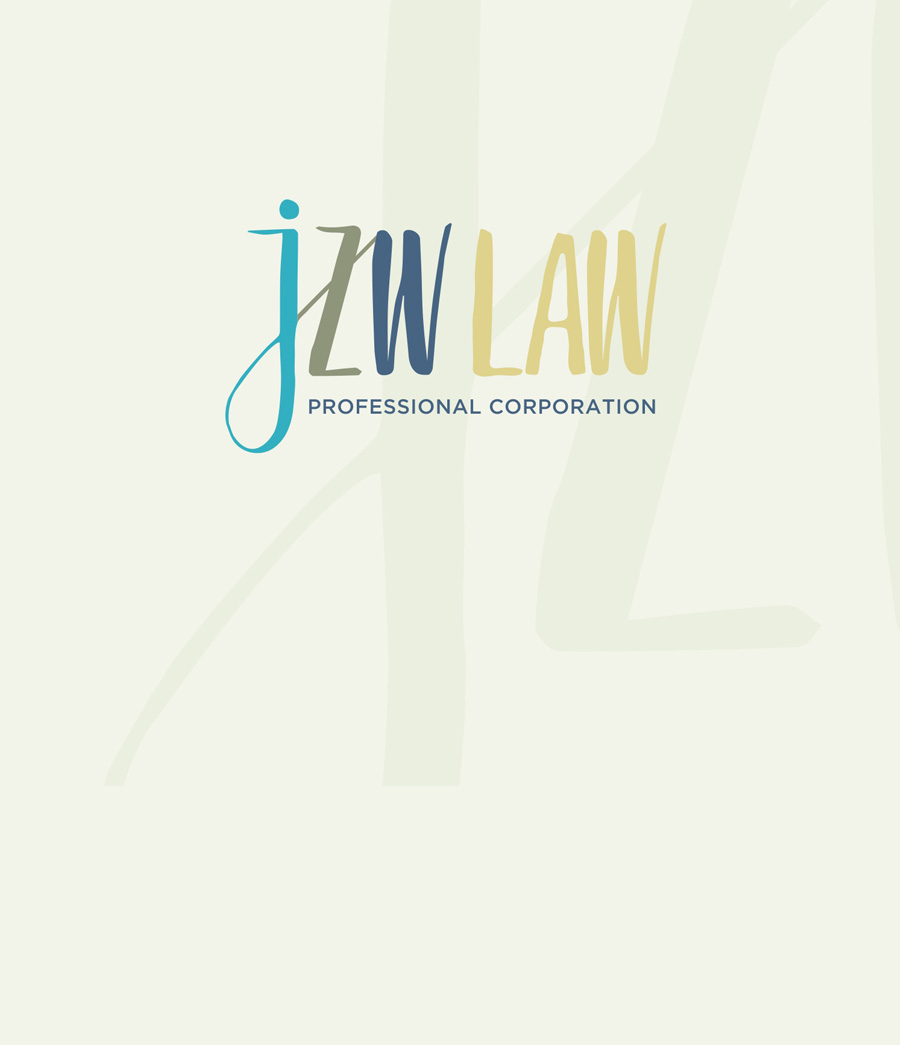Hague Apostille Convention in Canada
- Home
- Hague Apostille Convention in Canada
Practice Areas
Contact Us

MON-FRI 9:00-17:00
Welcome to JZW Law's website about Canadian Hague Apostille legal services!

Hague Apostille Convention in Canada
Canada officially became a member of the Hague Apostille Convention on January 11, 2024. This means that documents issued in Canada can be recognized in other member countries of the convention through an Apostille, simplifying the process of using documents internationally.
What is an Apostille?
An Apostille is a specific certification for public documents under the 1961 Hague Convention Abolishing the Requirement of Legalization for Foreign Public Documents. It confirms the authenticity of the signature and the authority of the official who signed the public document, making the document acceptable in signatory countries of the convention without the need for additional consular legalization.
What Documents Can Be Apostilled in Canada?
Documents that can be apostilled include, but are not limited to:
- Civil Documents: Birth certificates, marriage certificates, divorce certificates, death certificates, proof of kinship, etc.
- Educational Documents: Degree certificates, transcripts, certificates of enrollment, etc.
- Commercial Documents: Certificates of incorporation, articles of association, bank documents, commercial contracts, etc.
- Legal Documents: Court judgments, powers of attorney, wills, notarized documents, etc.
- Other: Criminal record checks, certificates of free sale, Canadian Food Inspection Agency (CFIA) certificates, Canadian Intellectual Property Office certificates, etc.
How to Obtain an Apostille in Canada?
The general process for obtaining an Apostille in Canada is as follows:
- Prepare Documents:
- Determine the documents that need to be certified based on the intended use.
- Prepare the original documents or notarized copies, and ensure the documents are complete.
- You may need to provide a copy of the applicant’s valid passport or other identification documents.
- Notarization (if required):
- Find a qualified notary public or lawyer in Canada.
- Submit the documents and related materials to the notary public or lawyer, explaining the need for certification.
- The notary public will verify the authenticity and completeness of the documents, confirm that the signature and seal are genuine, and sign and seal the documents.
- Apostille Application:
- Submit the notarized documents (if required) to the appropriate Apostille authority in Canada.
- Designated competent authorities in Canada:Global Affairs Canada: Responsible for federal government documents and documents from some provinces or territories.
- Alberta Ministry of Justice
- British Columbia Ministry of Attorney General
- Ontario Ministry of Public and Business Service Delivery
- Saskatchewan Ministry of Justice and Attorney General
- Quebec Ministry of Justice
- Review and Certification: The Apostille authority will review the documents and, if everything is in order, affix the Apostille to the document.
- Pick Up Certified Documents:
- a. Pick up the apostilled documents at the designated location as notified by the certification authority.
- You can choose the mailing service, and the certification authority will mail the documents to the designated address after the certification is completed.
Processing Time and Fees:
- Processing time is usually 4-6 business days (excluding mailing time), but it can also take 7-15 business days, depending on the case and the authority.
- The Canadian government does not charge a fee for the Apostille itself, but related costs such as mailing must be borne by the applicant.
Important Notes:
- If the country where the document will be used is not a member of the Hague Convention, consular legalization is required.
- If the document is in a language other than French or English, it may need to be translated into French or English, and the accuracy of the translation must be confirmed by a notary public.
- Since the entry into force of the Apostille Convention, the province or territory where the document was notarized determines the competent authority to which you must send it.
- To avoid confusion, it is best to have the document translated in the country of destination.

